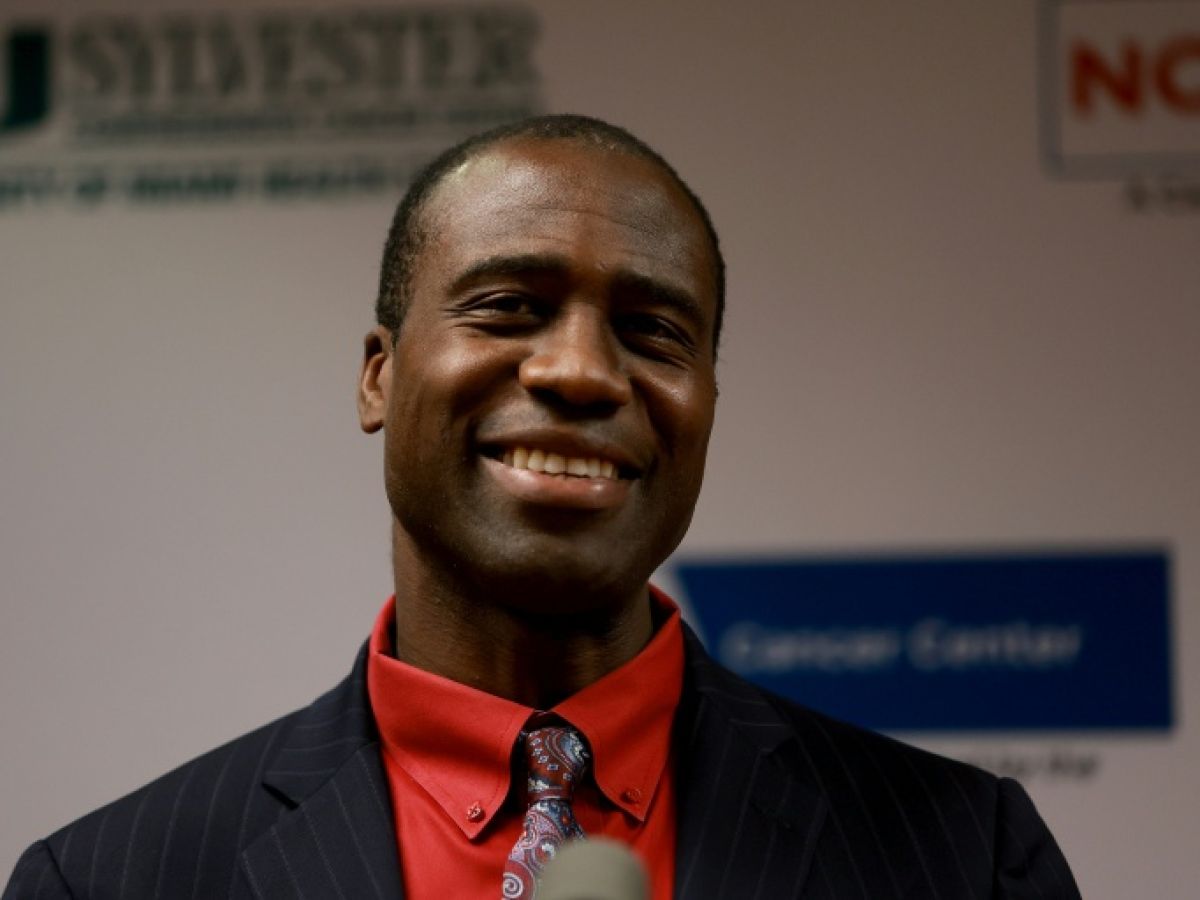Sanofi is suspected by Brussels of abusing its dominant position regarding its flu vaccines. The announcement comes just days after the French pharmaceutical giant received a historic fine in France in another anti-competitive case.
The group announced to AFP on Monday that it was the subject of an investigation by the European Commission into "its conduct in the seasonal flu vaccine sector."
Searches took place on Monday at the group's headquarters in France and Germany, Sanofi said.
He did not say more and warned that he would not communicate beyond this brief statement, simply promising to collaborate with Brussels and assuring that he had respected the rules in force.
For its part, the European Commission was hardly more forthcoming. In a statement released shortly before Sanofi's statement, it stated, without mentioning the group's name, that its investigations concerned a possible violation of EU competition policy "which prohibits the abusive exploitation of its dominant market position."
While Brussels has been careful to point out that its searches do not mean at this stage that the group is actually guilty of anti-competitive behavior, this announcement complicates the picture for Sanofi at a time when it has just been sentenced in France to a heavy fine in this area.
At the end of September, the French courts ordered him on appeal to pay 150 million euros to the French Health Insurance Fund for anti-competitive practices surrounding his anticoagulant Plavix.
No group has so far been ordered to pay such damages to Social Security, apart from the French pharmaceutical laboratory Servier in the case of Mediator, an anti-diabetic drug used as an appetite suppressant, which was the cause of one of the most resounding public health scandals in France.
Sanofi, which is considering an appeal, is accused of having waged a five-month smear campaign against generic versions of Plavix, at a time when the treatment's rights were about to fall into the public domain in the early 2010s.
– Disappointments –
The case that is now being opened concerns a completely different area, that of flu vaccines, one of the group's major activities, which devotes a very significant portion of its revenue to research and development.
Sanofi produces several vaccines that are widely administered as part of annual vaccination campaigns like the one that will begin in France on October 14. But it's not alone. Its competitors in this field include the American company Viatris and the Australian company CSL Seqirus.
One of Sanofi's flu vaccines has also been the subject of a long-standing controversy with certain health authorities, particularly in France. Called Efluelda and specifically intended for the elderly, it is supposed to be more effective for this age group.
But French health authorities long believed that it did not deserve to be prioritized for this population over other flu vaccines. They finally changed their minds this spring, recommending that Efluelda and another vaccine, Fluad from CGL Sequirus, be given priority for older adults.
More broadly, the Brussels investigation comes at a time when Sanofi has suffered a series of setbacks in recent years, including the failure of its anti-Covid vaccine, which arrived on the market too late.
The group's stock market performance recently plummeted after disappointing results for a treatment for atopic dermatitis, a form of eczema on which it is banking heavily. Monday's raids did not worry investors: Sanofi shares rose 0.34% on Tuesday.
The group has also been politically shaken by the partial sale this year of its subsidiary that produces Doliprane, a paracetamol-based drug, to an American fund, amid concerns about the future of a drug taken by a large number of French people to relieve pain and fever.
